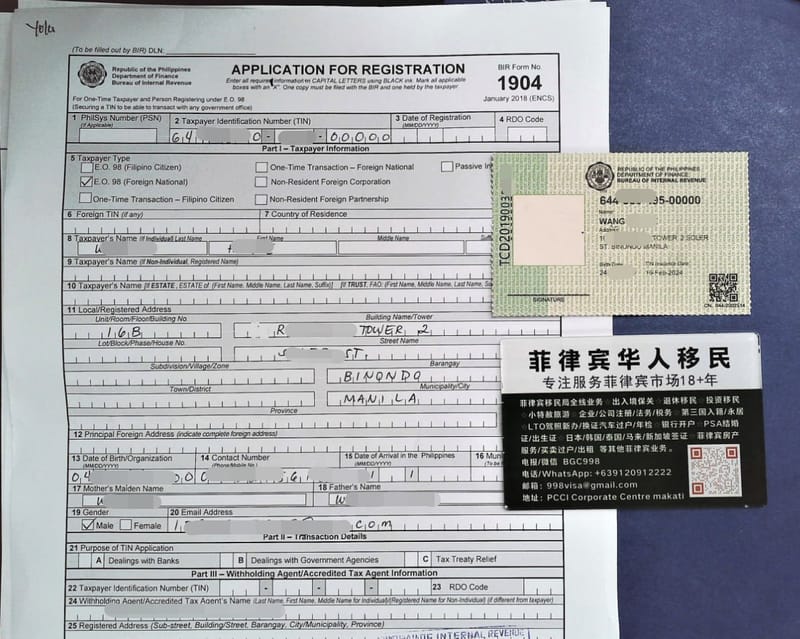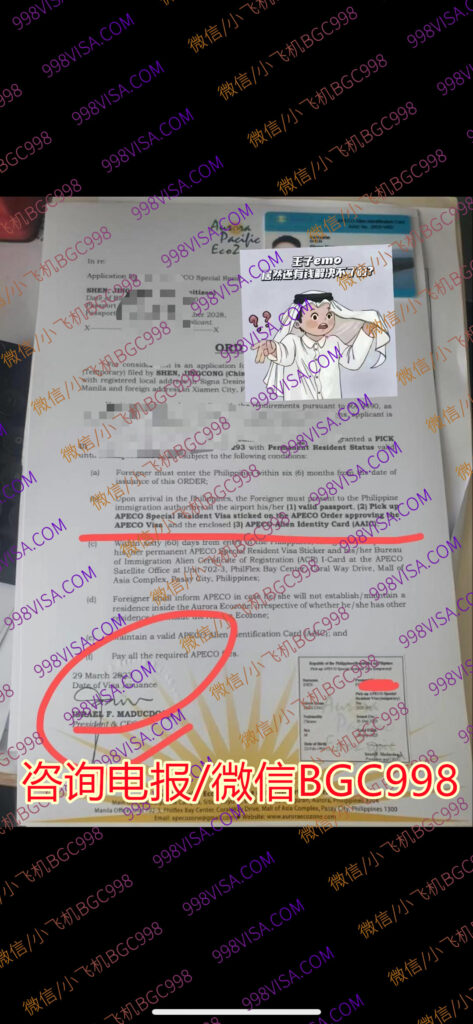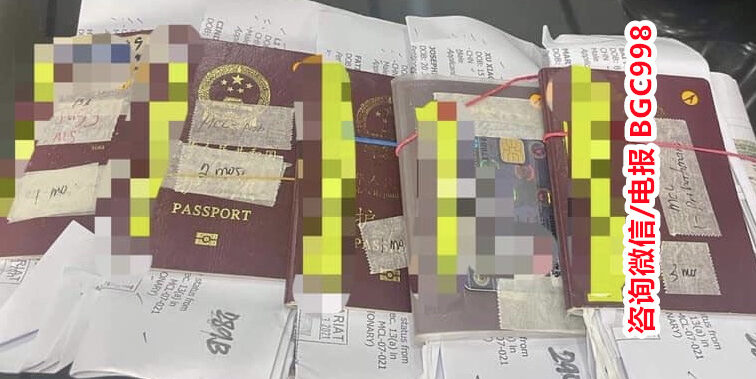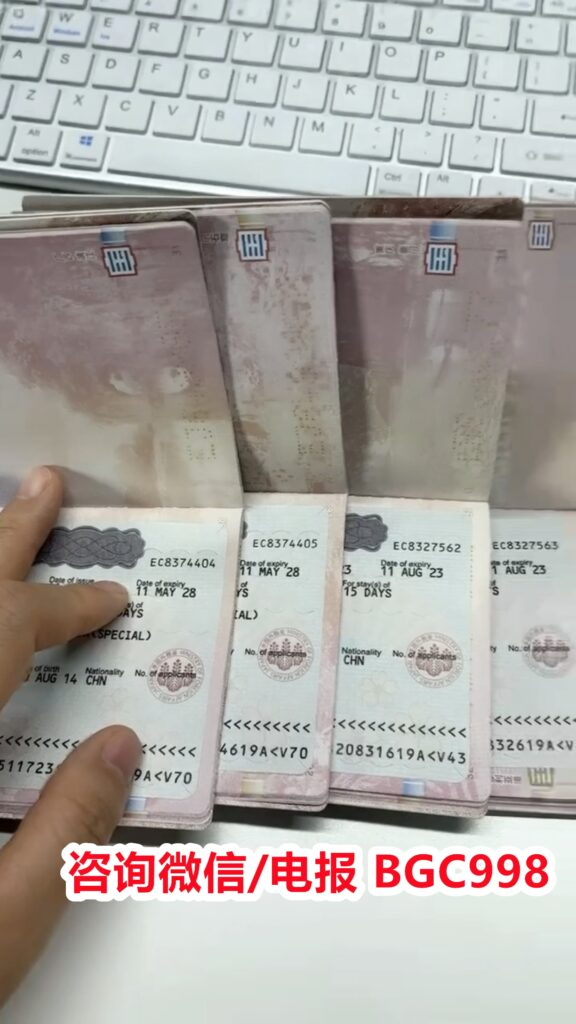What financial proof is needed to support a Philippines marriage visa (13A) application?

Can a foreign spouse holding a Philippines marriage visa (13A) sponsor other relatives for residency?
A Philippines marriage visa (13A) is designed specifically for foreign spouses of Filipino citizens, but it also provides a pathway for dependent children of the foreign spouse to be included under derivative visas. However, it does not extend sponsorship rights to other relatives such as parents, siblings, or extended family. Those family members would need to apply for their own visas under categories such as tourist, retirement, or investor visas, depending on their circumstances. While the 13A itself cannot be used to directly sponsor relatives beyond immediate dependents, the stability it provides often makes it easier for the family to explore alternative visa options. For example, some foreign spouses with established businesses may later sponsor employees under work permits, or retired parents may qualify under the Special Resident Retiree’s Visa (SRRV). In essence, the 13A ensures family unity for the spouse and children but does not extend sponsorship beyond the nuclear family unit.

What financial proof is needed to support a Philippines marriage visa (13A) application?
Applicants for a Philippines marriage visa (13A) must demonstrate financial capacity to support themselves and their family while living in the country. Typically, this means providing recent bank statements, income certificates, employment contracts, or proof of business ownership. The Filipino spouse is usually required to sign a notarized affidavit of support confirming they can financially sustain the household. While the Bureau of Immigration does not set an exact minimum income, they look for reasonable assurance that the couple can maintain a stable life without becoming dependent on public resources. For retirees or applicants not currently employed, evidence of savings, pensions, or passive income may suffice. The key is to show consistency, reliability, and transparency in financial records. Preparing detailed documentation strengthens the case and reduces the chance of delays or questions from immigration officers. This requirement ensures that applicants are prepared for long-term residency without undue financial burden.

How long does it take to process a Philippines marriage visa (13A)?
The processing time for a Philippines marriage visa (13A) varies depending on the completeness of documents, the workload of the Bureau of Immigration, and whether the application is filed locally or abroad. On average, if all documents are in order, approval may take around 2 to 4 months for the probationary visa. However, delays are common, especially if there are missing papers, verification issues, or high volumes of applications. After the one-year probationary period, the conversion to permanent status can take another few months. To avoid unnecessary waiting, applicants are encouraged to prepare all documents carefully and respond promptly to any requests from immigration authorities. Hiring professional assistance can often speed up the process, as experienced representatives know the system and how to address potential obstacles. While not immediate, the time invested in securing a 13A is worthwhile because it grants long-term residency stability.

Is the Philippines marriage visa (13A) affected by changes in immigration law?
Yes, as with any immigration program, the Philippines marriage visa (13A) is subject to revisions based on updates to the country’s laws and policies. The visa itself is grounded in the Philippine Immigration Act, which recognizes the rights of foreign spouses, but implementation guidelines may shift over time. For example, requirements for financial proof, medical clearance, or background checks could be adjusted by the Bureau of Immigration. In some cases, new policies may make procedures stricter, while at other times they may ease processing to encourage foreign investment and long-term residency. This is why applicants and existing 13A holders must stay updated on the latest rules, especially when planning renewals, conversions from probationary to permanent, or including dependents. Working with a licensed immigration consultancy helps ensure compliance with the most recent regulations and reduces the risk of issues caused by outdated information.

Can a Philippines marriage visa (13A) be revoked after approval?
Yes, although the Philippines marriage visa (13A) grants permanent residency, it can be revoked under certain circumstances. Common reasons include fraud in the application, a proven sham marriage, criminal activity by the foreign spouse, or violations of immigration laws. If the Filipino spouse annuls the marriage or if the couple permanently separates, the visa may also be canceled since the basis for residency no longer exists. Additionally, abandonment of residency, such as living abroad continuously for extended periods without clear ties to the Philippines, can lead to revocation. In such cases, the foreign spouse may be required to leave the country or apply for a different type of visa. However, the Bureau of Immigration usually conducts investigations carefully, and revocation is not done lightly. Genuine couples who comply with the law and maintain family life in the Philippines rarely face this issue, but awareness is important to safeguard residency rights.
Does a Philippines marriage visa (13A) holder need an exit clearance to leave the country?
In most cases, a Philippines marriage visa (13A) holder with a valid Alien Certificate of Registration (ACR I-Card) does not need to secure an Emigration Clearance Certificate (ECC) for short trips abroad. However, an ECC may be required if the foreign spouse has stayed continuously for more than 6 months on their current visa status, is leaving for permanent departure, or has pending immigration issues. The ECC ensures that the individual has no unresolved obligations with the government, such as overstays or unpaid immigration fees. For most permanent residents, routine travel does not require additional permits beyond presenting the valid visa and ACR I-Card. Still, checking with immigration officers before booking international travel is always advisable, especially for longer absences. This precaution prevents last-minute issues at the airport and ensures smooth re-entry to the Philippines.

What role does the Filipino spouse play during the Philippines marriage visa (13A) process?
The Filipino spouse is central to the Philippines marriage visa (13A) application because the visa is based on their citizenship. They must submit a formal petition to the Bureau of Immigration requesting that residency be granted to their foreign partner. This includes signing affidavits, providing proof of identity and financial capacity, and appearing in person for interviews or document submissions. Their presence reassures authorities of the legitimacy of the marriage and the couple’s intent to live together in the Philippines. The Filipino spouse’s cooperation is also essential for renewals, conversions to permanent residency, and supporting dependent children. Immigration authorities rely on the Filipino spouse’s active involvement as a safeguard against fraudulent applications. Without their participation, the process cannot move forward. For genuine couples, this partnership in documentation and legal compliance reflects the same commitment they share in married life. ★
针对以上话题您是否想了解更多?欢迎联系我们咨询
English/Tagalog Inquiries :
WeChat : dpylanayon
Telegram : @Diadem_Pearl
EMAIL: dplanayon.royalewonders@gmail.com
VIBER:+ 63 939 526 6731 / +63 9176523432
WhatsApp / PHONE:+639176523432
中文咨询
微 信:BGC998 电报@ BGC998 或 微信:VBW333 电报@VBW777
菲律宾998VISA是菲律宾MAKATI 实体注册公司,在菲律宾已经有超过19年服务经验,客户隐私安全保护服务可靠,业务提交可以安排工作人员上门取件或前往我们办公室提交。菲律宾政策时常变化,且信息发布有时间差,有需要相关业务最新资讯欢迎联系我们。
欢迎关注我们的电报TELEGRAM频道
998官方资讯频道 @FLBYM998
日常案例分享频道 @FLBYM998CASE